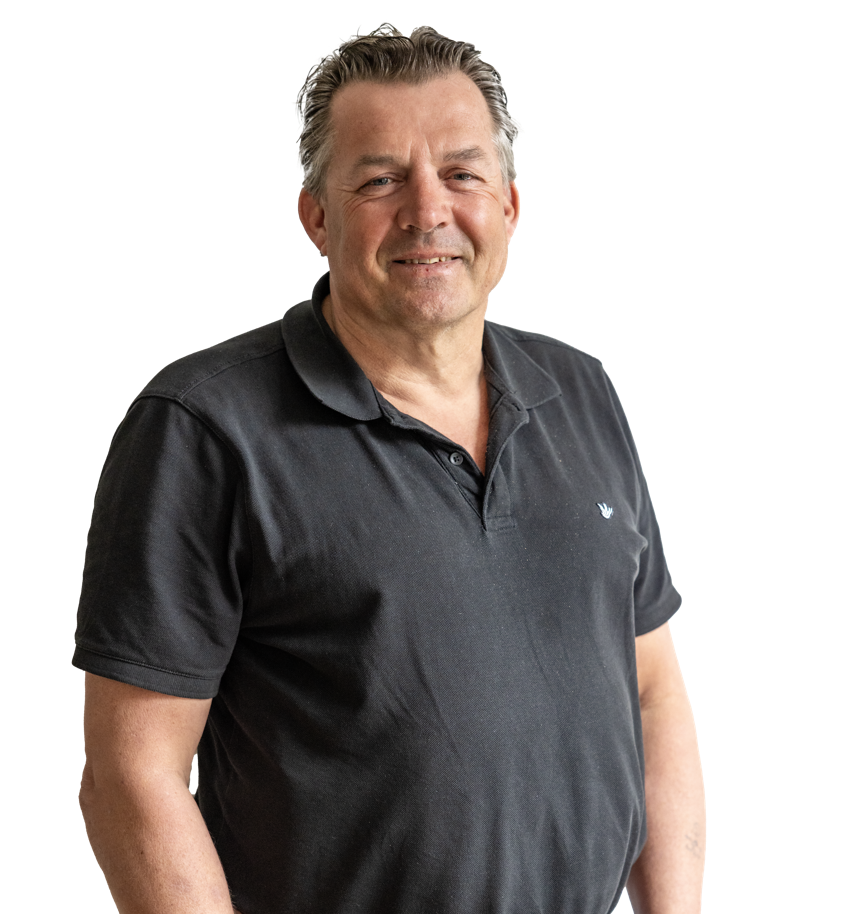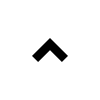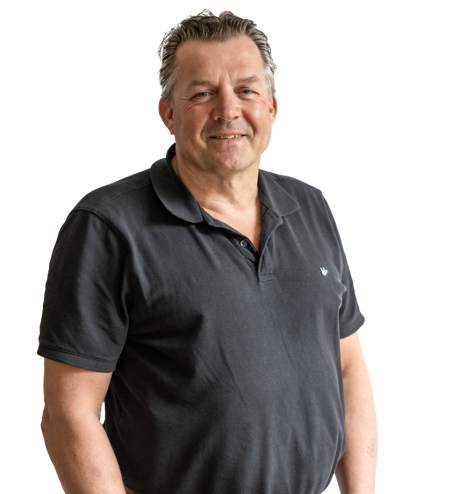
“A strong bond ensures that people do not feel like a number, but rather appreciated and heard. And that contributes to a motivated workforce”
Safety begins with listening and open dialogue. Give crew members the space to discuss how the atmosphere on board can be improved. Ask open questions, show genuine interest and let silences fall so that people can really tell their story. This not only helps to prevent accidents, but also strengthens the team spirit.
We organise annual seminars for our crew, such as a three-day event in Jakarta with leadership training, a safety day and a family day. This strengthens the team spirit and increases commitment. We also organise similar events in Manila and Rotterdam to keep the bonds strong.
Culture and cooperation
The biggest change is the cultural shift. Where captains and chief engineers called all the shots in the 80s, we now work in a much more ‘democratic’ way on board. This increases involvement and motivation.
We work with a diverse crew from different cultures, such as European, Filipino and Ukrainian sailors. In our safety programme, we do not look at differences, but rather at what each culture can contribute. The Dutch are direct, while others communicate more subtly – we learn from that.
From rules to a safety culture
In 2011, despite strict compliance with regulations, we had a serious accident. That was a wake-up call: rules alone are not enough. Due to rapid growth, we had partly lost our family culture and people were less likely to talk to each other. Since then, at Anthony Veder we have focused on a proactive safety culture in which employees think along and show ownership.
The good connection between the office and the ships is crucial. We are a support organisation – the work is done on board. A strong bond ensures that people do not feel like a number, but are appreciated and heard. And that contributes to a motivated workforce.
“By allowing colleagues to teach each other, safety awareness is increased and cooperation is improved”
My name is Arthur van der Kaay and I have been working at Anthony Veder, a gas tanker shipping company, since 2000. As manager of the SHEQ department, I am responsible for safety, the environment and quality. What makes my work so fascinating is the impact we have: over the years, all of us together have reduced the number of accidents and created a stronger safety culture.
Our slogan is Everybody Home Safe; nobody goes to sea to work in unsafe conditions. Safety is about looking out for each other. Calling others to account for risky behaviour can be difficult, but if we do it in a positive way, we can make a difference together.
An important change in our approach is the ‘reverse toolbox talks’. Whereas in the past a manager would give all the instructions, we now also ask the crew about their experiences. For example, during a tank inspection: who has done this before and who has not? By allowing colleagues to teach each other, safety awareness is increased and cooperation is improved.
In addition to safety, we also measure normative safety: do people adhere to the rules? We do this through inspections and audits. We strongly believe in our partnerships: large oil companies - often our clients - with a great deal of safety knowledge inspire us, while we in turn share our expertise with shipyards and contractors. Through open cooperation, we continuously learn from each other.
Foto: KVNR

We are always looking for personal stories from the maritime sector. Stories of (near) accidents, where a situation only just ended well, are incredibly valuable. By sharing your experiences, you help others become more aware of dangers and how to prevent them. Sharing these stories can save lives and contribute to a culture of safety at sea. Want to share your story? Sign up using the form on our website. Together, we will make the sea a safer place to work for everyone.

“A strong bond ensures that people do not feel like a number, but rather appreciated and heard. And that contributes to a motivated workforce”
Safety begins with listening and open dialogue. Give crew members the space to discuss how the atmosphere on board can be improved. Ask open questions, show genuine interest and let silences fall so that people can really tell their story. This not only helps to prevent accidents, but also strengthens the team spirit.
We organise annual seminars for our crew, such as a three-day event in Jakarta with leadership training, a safety day and a family day. This strengthens the team spirit and increases commitment. We also organise similar events in Manila and Rotterdam to keep the bonds strong.
Culture and cooperation
The biggest change is the cultural shift. Where captains and chief engineers called all the shots in the 80s, we now work in a much more ‘democratic’ way on board. This increases involvement and motivation.
We work with a diverse crew from different cultures, such as European, Filipino and Ukrainian sailors. In our safety programme, we do not look at differences, but rather at what each culture can contribute. The Dutch are direct, while others communicate more subtly – we learn from that.
From rules to a safety culture
In 2011, despite strict compliance with regulations, we had a serious accident. That was a wake-up call: rules alone are not enough. Due to rapid growth, we had partly lost our family culture and people were less likely to talk to each other. Since then, at Anthony Veder we have focused on a proactive safety culture in which employees think along and show ownership.
The good connection between the office and the ships is crucial. We are a support organisation – the work is done on board. A strong bond ensures that people do not feel like a number, but are appreciated and heard. And that contributes to a motivated workforce.
“By allowing colleagues to teach each other, safety awareness is increased and cooperation is improved”
My name is Arthur van der Kaay and I have been working at Anthony Veder, a gas tanker shipping company, since 2000. As manager of the SHEQ department, I am responsible for safety, the environment and quality. What makes my work so fascinating is the impact we have: over the years, all of us together have reduced the number of accidents and created a stronger safety culture.
Our slogan is Everybody Home Safe; nobody goes to sea to work in unsafe conditions. Safety is about looking out for each other. Calling others to account for risky behaviour can be difficult, but if we do it in a positive way, we can make a difference together.
An important change in our approach is the ‘reverse toolbox talks’. Whereas in the past a manager would give all the instructions, we now also ask the crew about their experiences. For example, during a tank inspection: who has done this before and who has not? By allowing colleagues to teach each other, safety awareness is increased and cooperation is improved.
In addition to safety, we also measure normative safety: do people adhere to the rules? We do this through inspections and audits. We strongly believe in our partnerships: large oil companies - often our clients - with a great deal of safety knowledge inspire us, while we in turn share our expertise with shipyards and contractors. Through open cooperation, we continuously learn from each other.

We are always looking for personal stories from the maritime sector. Stories of (near) accidents, where a situation only just ended well, are incredibly valuable. By sharing your experiences, you help others become more aware of dangers and how to prevent them. Sharing these stories can save lives and contribute to a culture of safety at sea. Want to share your story? Sign up using the form on our website. Together, we will make the sea a safer place to work for everyone.
